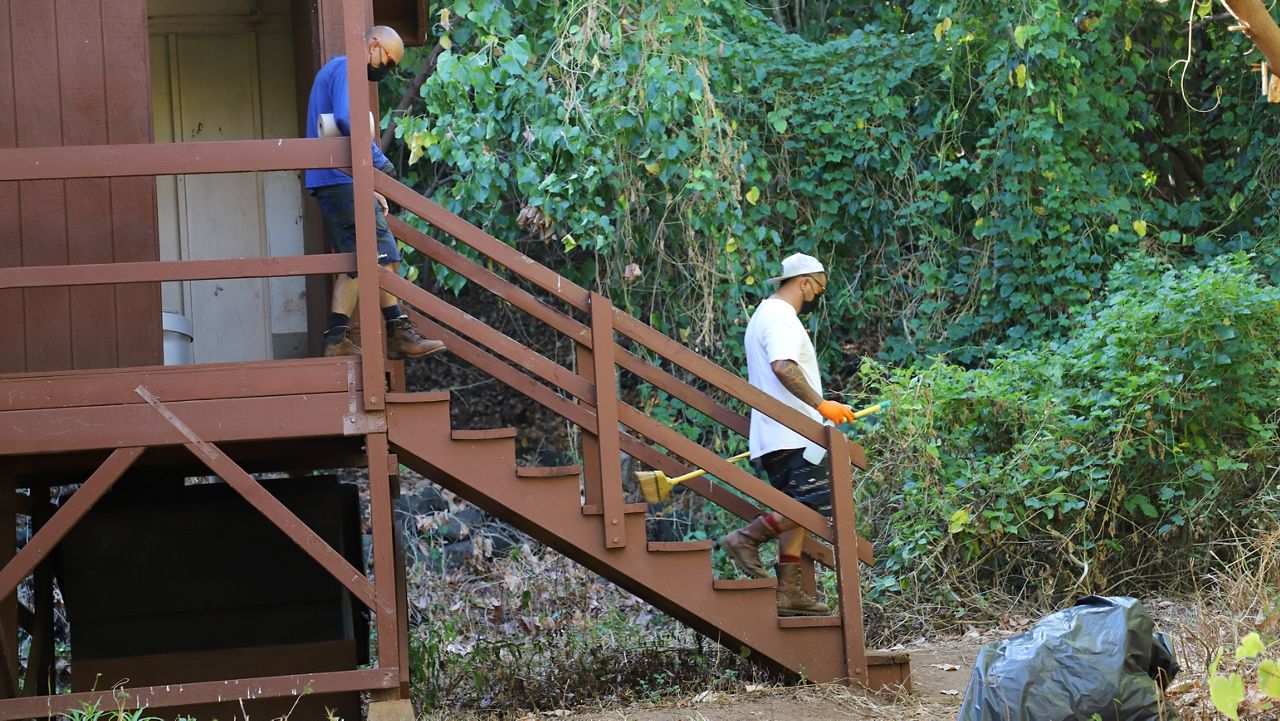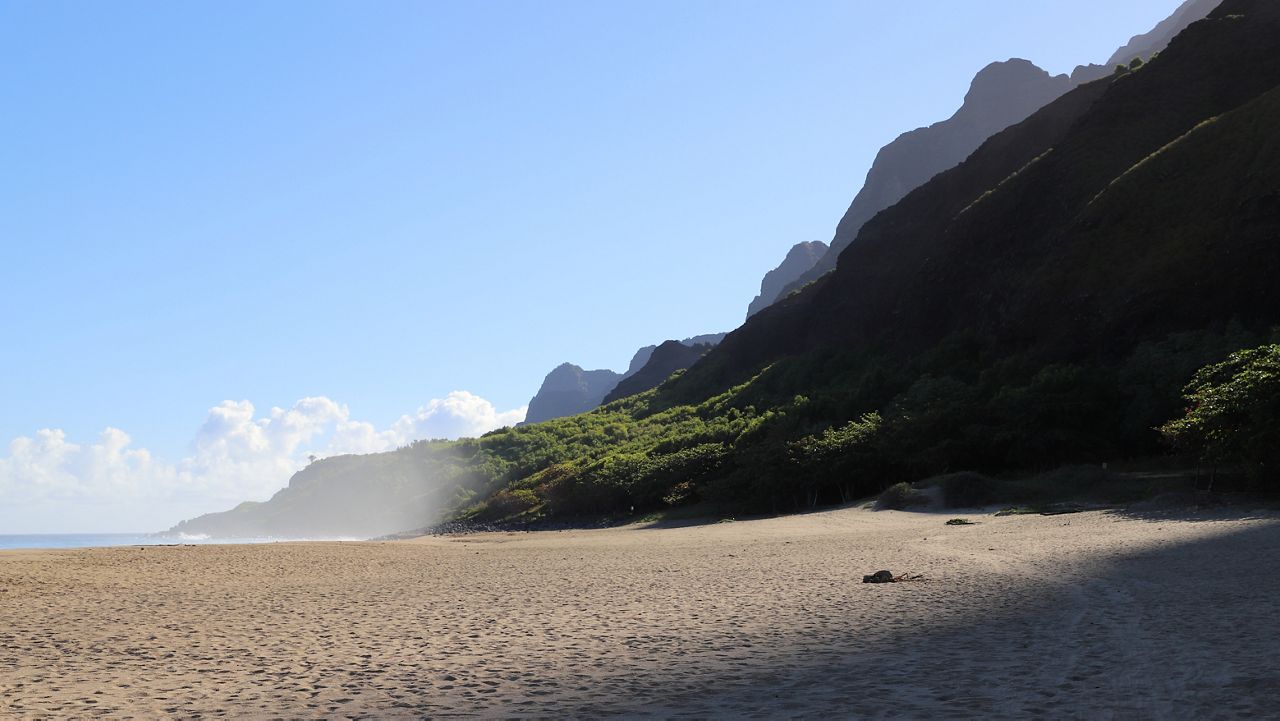KAUAI, Hawaii — The state Department of Health announced the Kalalau Trail in the Napali Coast State Wilderness Park will reopen to visitors on Tuesday, after being closed on Sept. 6 because of a norovirus outbreak.
The Department of Land and Natural Resources closed the trail after an outbreak of norovirus sickened about 50 people. The highly contagious virus causes severe nausea, vomiting and diarrhea.
According to DOH, the initial source of this norovirus outbreak was likely a park visitor who was already infected when they entered the park and became acutely ill inside the park. The state agency’s initial analysis points to person-to-person spread and contact with contaminated comfort stations as highly suspected primary means of infection, according to a news release.
The Centers for Disease Control conducted water testing that showed evidence of fecal contamination inside the sea cave next to the Kalalau camping area. Because of this, the cave will remain closed through the winter when it naturally becomes inaccessible.

During the closure, DLNR Division of State Parks, with guidance from DOH, airlifted barrels of effluent for treatment and disposal from Hanakapiai, Hanakoa and Kalalau composting comfort stations. The comfort stations were also disinfected and cleaned.
A three-person crew also flew in and conducted two maintenance passes at both Hanakapiai and Kalalau, and a six-person crew flew into Hanakoa and spent a day performing maintenance tasks, which included painting and vegetation removal around the comfort stations.
Along with the disinfection of the comfort stations, DOH said the closure time allowed for natural processes (such as rain, UV light, and virus degradation) to diminish the remaining virus.
DOH said it is not possible to ensure the complete eradication of norovirus from the park or its facilities, but that DOH and DLNR are confident that opening the park is now appropriate.
DOH advised park visitors to take precautions, including bringing biodegradable soap with them, carefully washing their hands, and treating water before drinking it.
The state agency also asked visitors to notify them if they develop symptoms of vomiting or diarrhea during or within 72 hours of a visit to the park.



